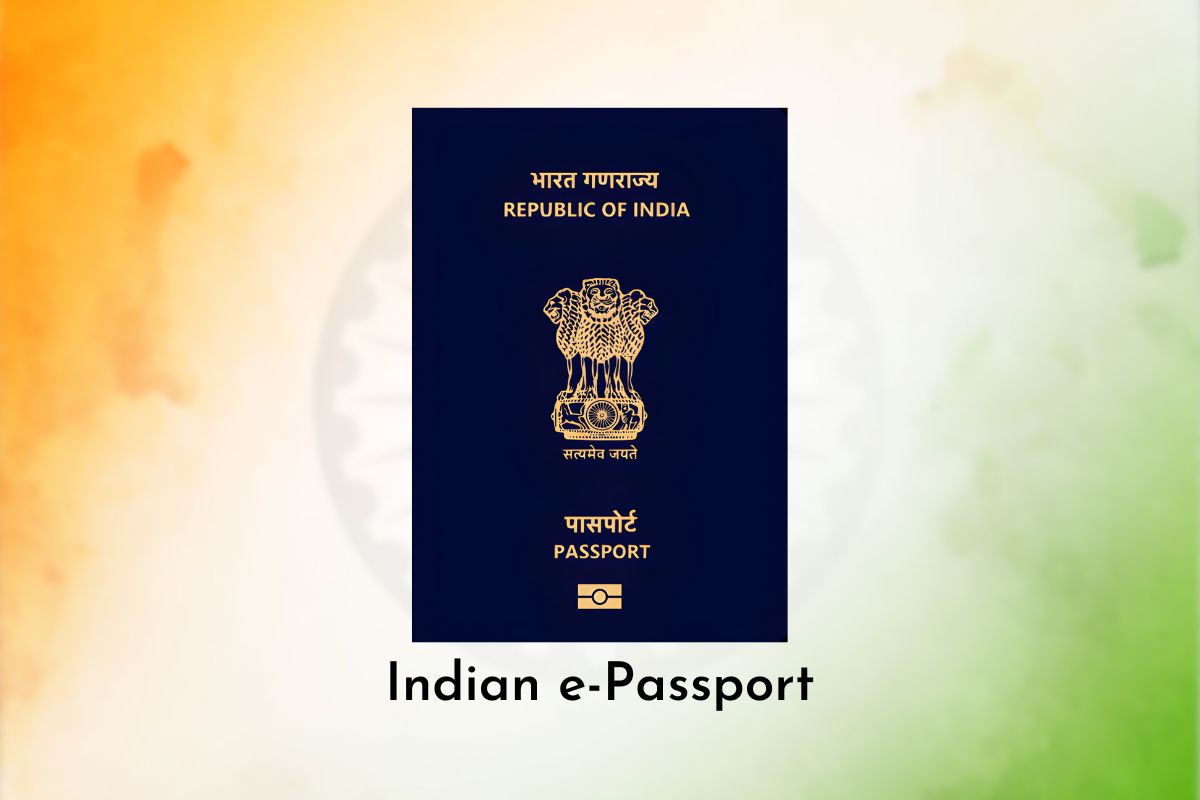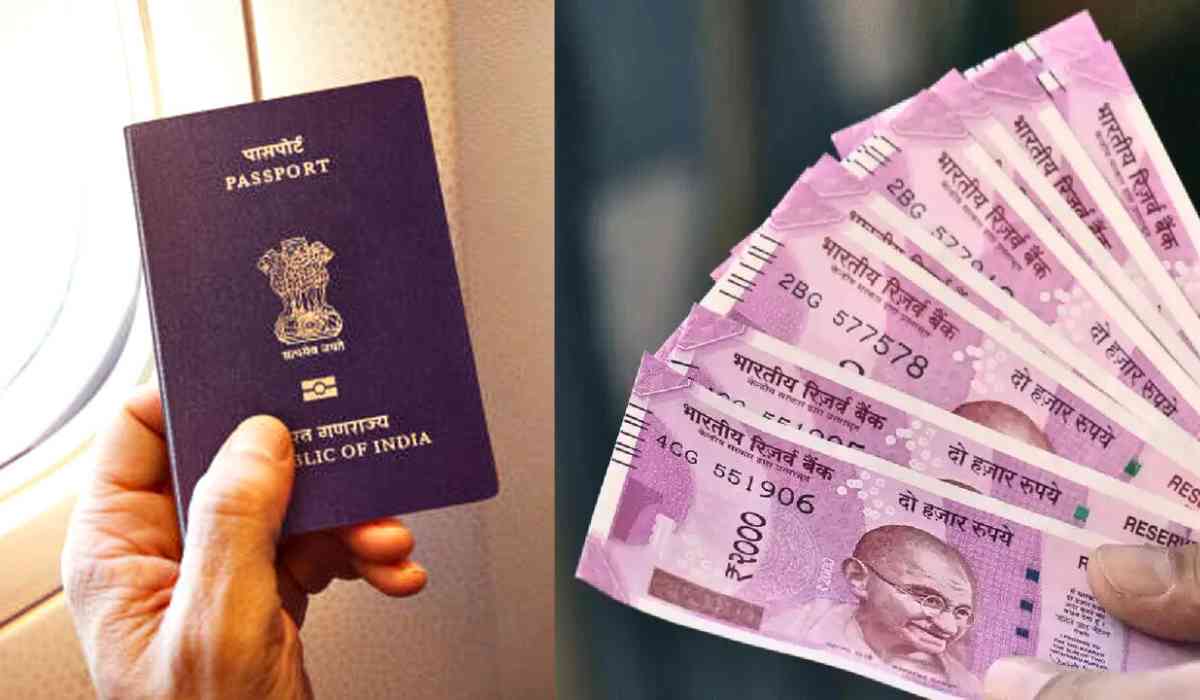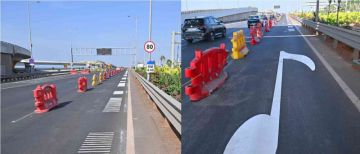India is stepping into a new era of travel security with the rollout of chip-based e-passports. But as with any new technology, rumors and confusion are swirling-especially about whether these passports are secretly tracking your every move, just like the old hoax about the ₹2000 note having a GPS chip. Let’s break down the facts, clear up the myths, and see what these new passports actually do.
What Are India’s Chip-Based E-Passports?

India’s e-passport is a modern version of the traditional paper passport. It looks similar on the outside, but inside the back cover is a tiny gold-colored chip symbol. This chip is a Radio Frequency Identification (RFID) device that securely stores your personal details and biometric data, such as your photograph and fingerprints.
The e-passport combines electronic technology with the standard paper booklet. It’s designed to make travel safer, faster, and more convenient for Indian citizens, and it brings India in line with global standards already followed by countries like the USA, UK, and Germany.
How Do E-Passports Work?
-
Data Storage: Your information is stored both in printed form and digitally on the chip. The chip uses strong encryption (Public Key Infrastructure, or PKI) to keep your data safe and tamper-proof.
-
Biometric Security: The chip holds your biometric data-like fingerprints and your digital photo-which helps ensure that only you can use your passport.
-
Contactless Verification: At immigration, special machines read the chip to quickly verify your identity. This speeds up the process and makes it harder for anyone to forge or misuse your passport.
-
Global Compatibility: The system follows International Civil Aviation Organization (ICAO) standards, so your passport works smoothly at airports worldwide.
Why Did the GPS Tracker Rumor Start?

Whenever a new technology launches in India, rumors often spread on social media and WhatsApp. When the ₹2000 note was introduced, messages claimed it had a “nano-GPS chip” that could track the note’s location-even underground. This was quickly debunked by the Reserve Bank of India and technology experts, as no such technology exists in currency notes.
Now, similar rumors are surfacing about e-passports: can the government track your location using the chip? The answer is a clear no.
Can E-Passports Track Your Location Like GPS?
Absolutely not. The RFID chip in your e-passport does not have GPS or any location-tracking capability. Here’s why:
-
RFID vs. GPS: RFID chips can only be read by special scanners at close range, such as those used at airport immigration desks. They do not transmit signals or reveal your location to satellites or remote devices.
-
No Active Tracking: The chip is passive. It only responds when scanned by an authorized reader. It cannot send your location or be used to track your movements.
-
Encrypted Data: The information on the chip is encrypted and can only be accessed by certified immigration systems-not by anyone with a random scanner.
So, the idea that your e-passport is a secret tracker is just a myth-just like the GPS chip story with the ₹2000 note.
What About Privacy and Security?

The government says that e-passports are designed with privacy in mind. Your data is encrypted and protected by international standards. Only authorized immigration officers can access your information, and any attempt to tamper with the chip or its data will be detected.
However, some experts and privacy advocates have raised questions about who else might be able to scan these chips-like airlines or banks-and how long they can keep your data. As of now, the government hasn’t fully clarified these points, so it’s something to watch as the rollout continues.
E-passports are more secure, harder to forge, and make travel faster by allowing automated checks at borders.
The Bottom Line
India’s new chip-based e-passports are a big step forward for travel security and convenience. They do not have GPS or any tracking technology, so there’s no need to worry about being secretly followed. The chip is there to protect your identity and speed up your journey-not to spy on you.
As with any new system, it’s important for the government to keep improving privacy protections and explain clearly how your data is used. For now, though, you can rest easy: the e-passport is not a tracker, and the rumors are just that-rumors.
With inputs from agencies
Image Source: Multiple agencies
© Copyright 2025. All Rights Reserved Powered by Vygr Media.


















